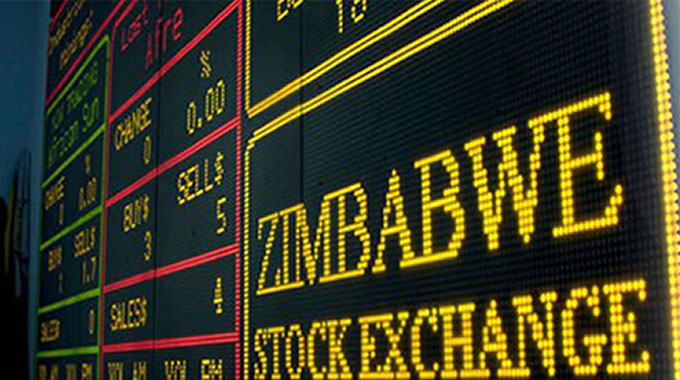ZSE launches direct market access platform

Oliver Kazunga, Senior Business Reporter
THE Zimbabwe Stock Exchange (ZSE) has launched a direct market access platform that will allow institutional investors and fund managers to enter their orders directly to the Automated Trading System.
ZSE chief executive officer, Mr Justin Bgoni said the direct market access (DMA) facility will be operational with effect from next month.
“The ZSE has launched a DMA facility with effect from June 1, 2019. The DMA facility is offered through various connectivity modes, which permit the trading members of ZSE to provide direct trading terminals to their DMA clients,” he said.
“DMA refers to a platform or mechanism whereby fund managers and institutional investors can enter their orders directly into the Automated Trading System (ATS) through a Client Binding Terminal without manual intervention by the broker.”
The automation of the ZSE since 2015 has seen the volumes of shares traded doubling, thereby making the exchange more liquid and efficient.
Mr Bgoni said applications for the DMA facility will be processed through the stockbrokers.
“A buyer can therefore place their own orders to the buy and sell columns instantly, and ‘advertise’ the quantity and price of a stock at which they are willing to trade,” he said.
For effective implementation of the DMA, Mr Bgoni said the ZSE will resuscitate the Odd Lot Board with effect from June 1, 2019.
“The Regular Board (REG) lot size has been revised to 100 with a minimum tradable value of RTGS$100 while the Odd Lot is one, with a minimum tradable amount for $0.01,” he said.
Meanwhile, the ZSE said it has considered the state of the macro-economy in relation to currency and exchange issues and would not bring to book firms whose financial results have been hit by adverse opinions.
An adverse opinion is a professional opinion made by an auditor indicating that a company’s financial statements are misrepresented, misstated and do not accurately reflect its financial performance and health.
And normally when a company is hit by an adverse opinion, the ZSE’s listings committee is supposed to convene a special meeting to consider the effects of such opinions and the continued listing of the affected issuer as required by clause 3.26 in Section 3 in the ZSE’s Listings Requirements.
The adverse opinions that have been assigned on most companies’ 2018 financial results have been a result of monetary and exchange policy developments in the country since last year.
When Zimbabwe dollarised in 2009, listed firms adopted the United States dollar as their book keeping currency.
However, there have been a lot of changes since then namely the introduction of bond notes in 2016, the separation of RTGS (real time gross settlement) bank accounts and US dollar nostro accounts last year.
— @okazunga











Comments